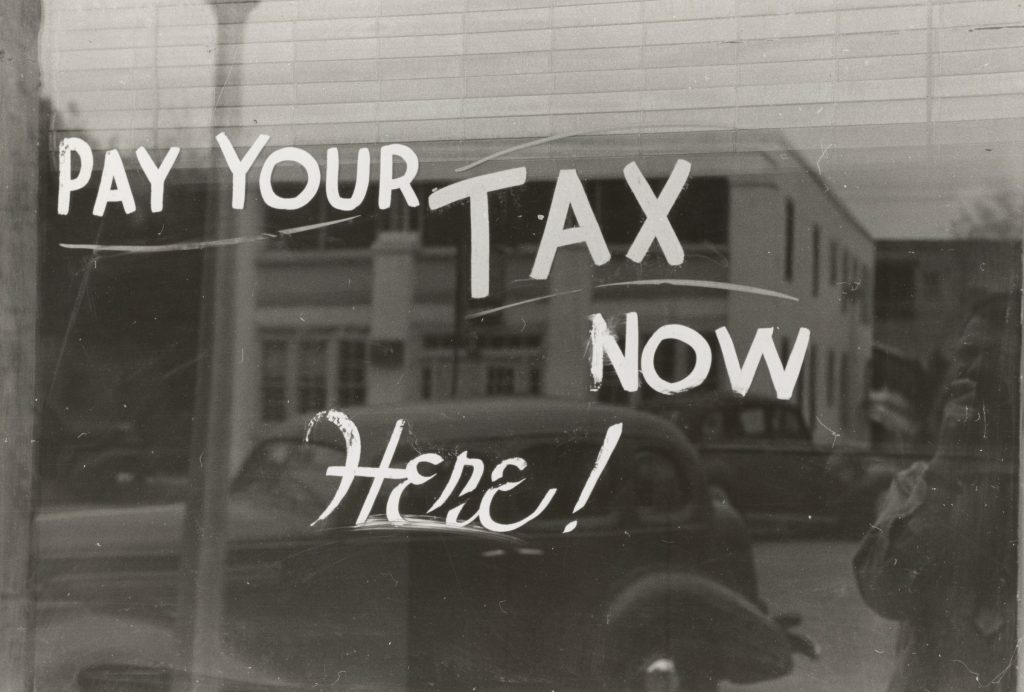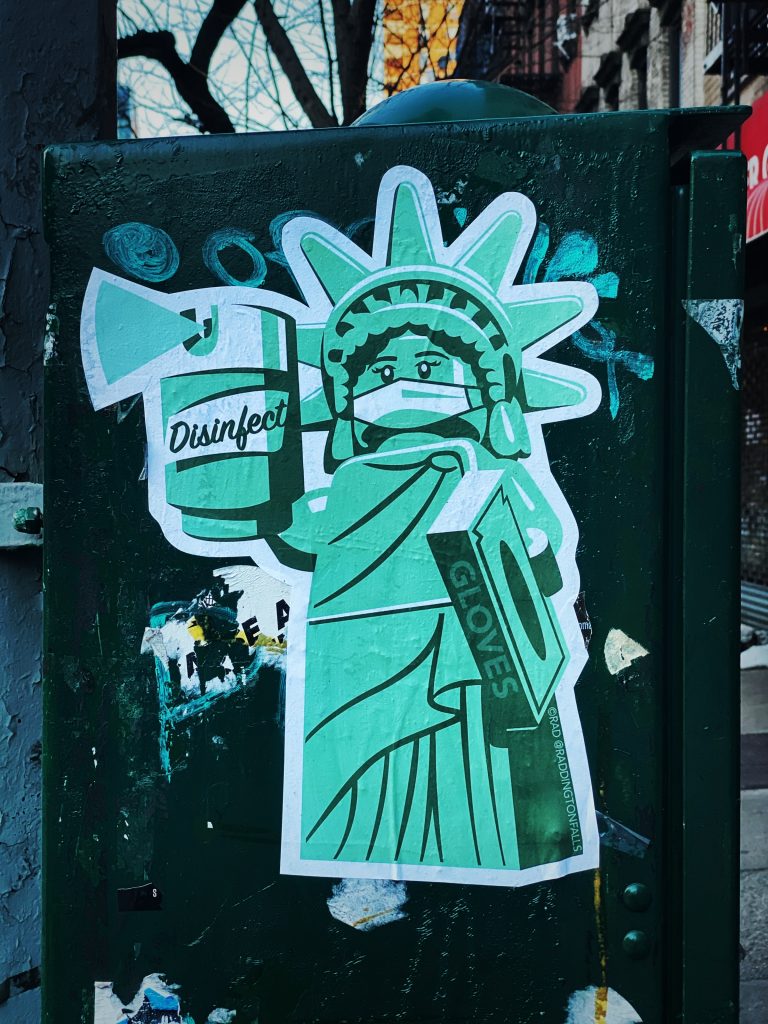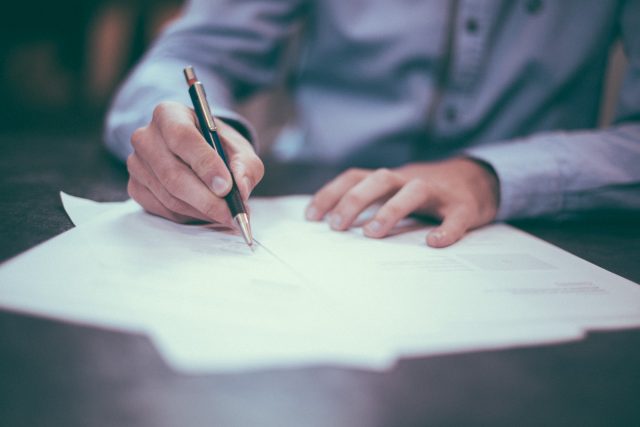In the State of New York, not paying your property taxes will result in a tax foreclosure of your home. With debt piling up, you’re probably wondering if you can afford to cut some corners. It’s understandable, especially since Cuomo passed the COVID-19 Act of 2020. If you were told that the Act paused all foreclosures until May, what’s the point of paying property taxes this year? It’s not like saving that money during a pandemic will burn a hole in your pocket. You must understand what will happen if You Don’t Pay Property Taxes in 2021.
The COVID-19 Act did pause foreclosures and evictions, including tax foreclosures. However, this doesn’t mean you can just stop paying property taxes. Can you prove that your default has resulted from financial hardships specifically caused by COVID-19? If not, this moratorium doesn’t apply to you. Translation: It doesn’t pause all foreclosures, just pauses the ones with the right paperwork.
Can’t pay property taxes and wondering, “What happens if I don’t pay my property taxes this year?” Read this guide, explaining who is responsible for unpaid property taxes and how to stop property tax foreclosures. Hire a local firm with any further assistance.
Understanding Property Taxes and Tax Liens in Your State

When you’re paying property taxes, you’re paying taxes on the land and all the permanent structures residing on that land. Simpler names for this type of property are real property or real estate. The value of the real estate determines the cost of the property tax. This tax isn’t used by the State. Instead, it’s used locally and funds local public schools and municipal services. Because this tax funds important local government needs, the State takes payments of this tax very seriously.
Who is responsible for unpaid property taxes? When New Yorkers fail to pay their municipal charges, New York State (“NYS”) requires a tax lien on your property. After NYS sends you a notice about the lien sale, the city will sell the lien to a buyer. Now, the buyer gets to act like a collection’s agency and demand money, with interest and fees. Continuing nonpayment will result in a tax foreclosure of your home. An explanation on how to stop a property tax foreclosure is given below.
COVID-19 Tax Penalty Relief

On May 21, 2020, the New York State Senate passed Senate Bill S8388 (“SB S8388”). This Bill provides relief for “property owners suffering a hardship due to COVID-19.” Essentially, property owners that can’t pay property taxes this year, specifically due to COVID hardship, will have reduced interest penalties. The Bill was sure to use the same language as the COVID-19 Act.
SB S8388 is purposefully limiting the number of qualified property owners. New Yorkers as a whole have been experiencing financial hardships due to COVID-19. In November 2020, New York topped the nation for mortgage delinquency rates at 1.90%. Considering this rate, it can be assumed that the rate of delinquency of property taxes will be similar.
This Bill doesn’t provide enough relief for the same reasons the COVID Act doesn’t provide enough relief. Because all of the suffering and afflicted Citizens can make the required show of cause. Unless you can gather a plethora of proof for your financial hardships, caused specifically by COVID, these relief options are useless.
How Property Tax is Calculated
The rate of your property taxes is based on your tax class. The Department of Finance (“DOF”) analyzes and calculates the value of your house. The buying prices of similar homes, with the same size, quality, size, and age, are compared to your house. This determines the property tax rate of your home.
New York has four property classes, and each class has a significantly different tax rate. The class types are listed and explained below. By using these descriptions below and the DOF’s website, you can determine your current property tax rates. The rates listed in the class descriptions below are rounded, so please refer to the DOF’s website for exact 2021 rates.
- Class 1 consists of one-unit, two-unit, and three-unit residentials — 21.05%
- Class 2 consists of residentials of four or more units, including co-ops and condos — 12.27%
- Class 3 consists of utility company equipment and special franchise property — 12.83%
- Class 4 consists of all other real properties (e.g., offices, factories, stores, etc.) — 10.69%
Who is Responsible for Unpaid Property Taxes?
Any unpaid property taxes on your real estate will remain your responsibility. All unpaid municipal charges will create a tax lien. New York takes nonpayment of these charges very seriously since they pay for the municipalities. The lien can be sold to a buyer. The buyer pays the city the municipal charges, and the city no longer remains the lien owner.
You may be wondering “If I pay back the taxes on a property, do I own it?” Someone buying the lien doesn’t mean that you’re off the hook for the taxes. Instead, the lien owner is now entitled to your unpaid taxes instead of the city. The lien owner only bought the lien, not the property itself.
Without the tax payments, the lien owner will declare bankruptcy on the property. If the lien owner declares foreclosure on the property, the proceeds from the tax deed sale will exonerate your responsibility towards the taxes. Tax deeds will erase all previous interests in the property, including debts.
How to Stop Property Tax Foreclosures
- If the lien owner declares bankruptcy, you could pay all the delinquent amounts, including additional costs or interest, and redeem your home. Payment must be made before the expiration date.
- The ability to redeem your home can expire two years after the date of the lien.
- However, if the foreclosure notice specifies a different redemption period, that is the correct expiration date.
- Use the resources above to calculate your property tax rate and double-check that your tax assessment was done correctly.
- Is your property class correct?
- Is the rate used to calculate your deficiency correct, according to DOF’s website?
- Are the measurements of your property correctly listed?
- How do similar properties rate?
- There are Emergency Assistance programs that can help with the delinquent amount.
- The Department of Social Security will provide a one-time emergency payment.
- If you are disabled or above the age of 65, there are tax deferral programs available.
- As the very last option, you can file for bankruptcy.
- Doing so will severely damage your credit.
- It won’t stop the delinquency interest from accruing.
If you are dealing with a property tax foreclosure in New York, the number one recommendation is that you hire a foreclosure lawyer. NYS real property tax law is a complicated weave even for most lawyers. A local firm like Moshes Law can help you save your home. Consider the additional options above, but don’t hesitate in hiring legal representation.
Conclusion
COVID-19 has made tax payments difficult, and the State of New York is suffering. Instead of providing true relief options for the Citizens of New York, NYS made strict requirements to even be eligible. Several New Yorkers can’t pay property taxes this year. If you are one of them, read this guide for background information, double-check your property tax information. If you need help on how to stop a property tax foreclosure, hire an attorney.
Also Read – Law Firm Digital Marketing Trends









